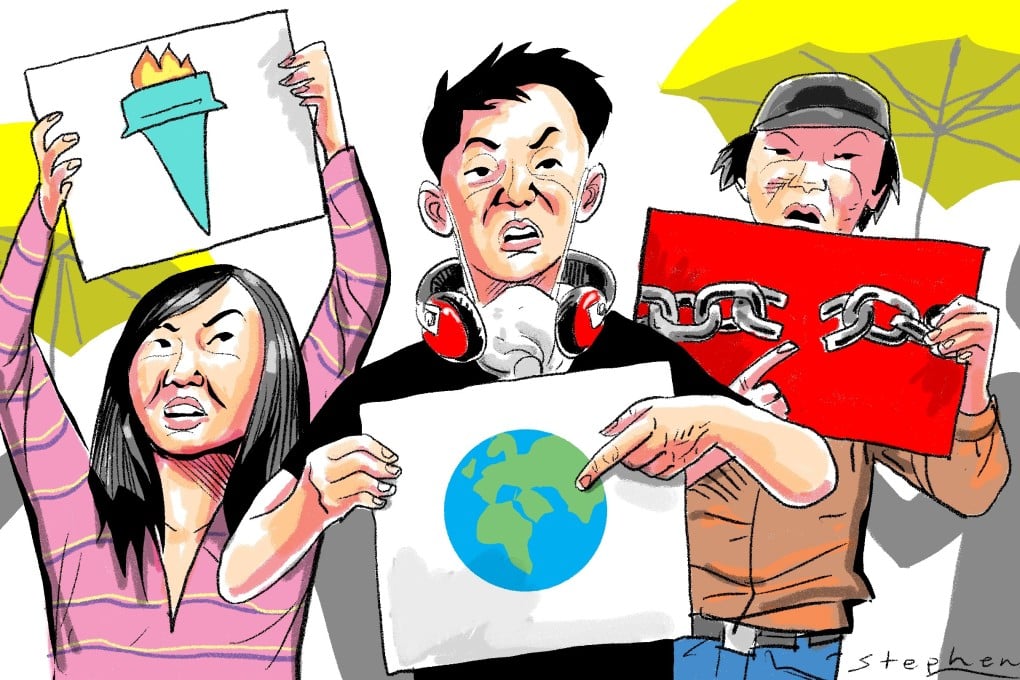Opinion | Why the Hong Kong district council election results are a win for Chinese people everywhere
- What Beijing has failed to grasp is that the West doesn’t need to interfere in Hong Kong for its cultural influence to be felt. While Hong Kong’s importance to China may have waned, it will always have a special place in the world

I returned to Hong Kong in the late 1960s to help establish the Chinese University of Hong Kong. It was then that I received an invitation to return to mainland China.
In June 1972, just months after Nixon’s trip, I travelled from Hong Kong to the mainland, where I helped establish subsequent book, cultural and people-to-people exchanges between China and the US.
It was fortuitous that such a venture began in Hong Kong. The city and its people have always occupied a special place between East and West, between China and the world.
The Hong Kong of today is hardly recognisable as the one I remember from my youth. I have watched the protests unfolding over the last six months and, like many, have been struck by the youth of the protesters involved.

